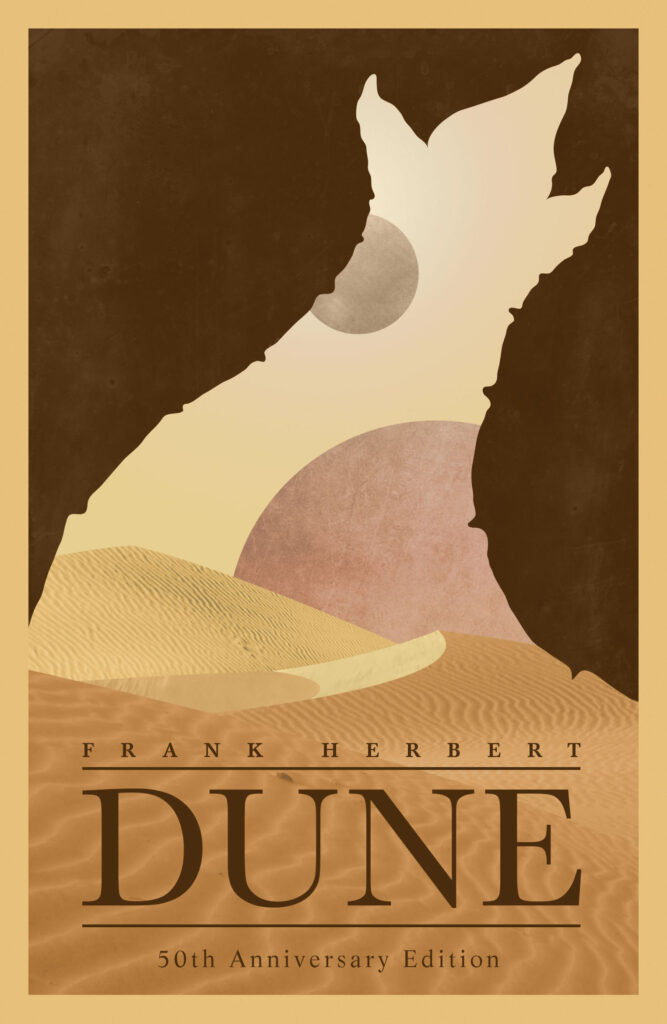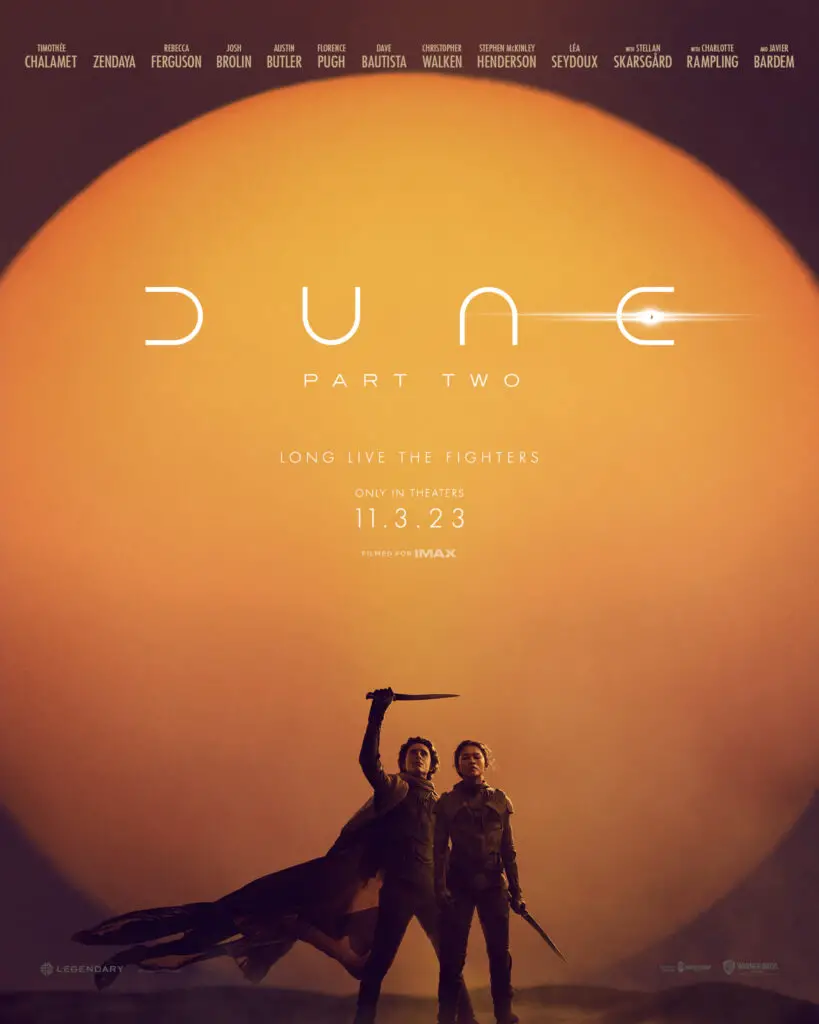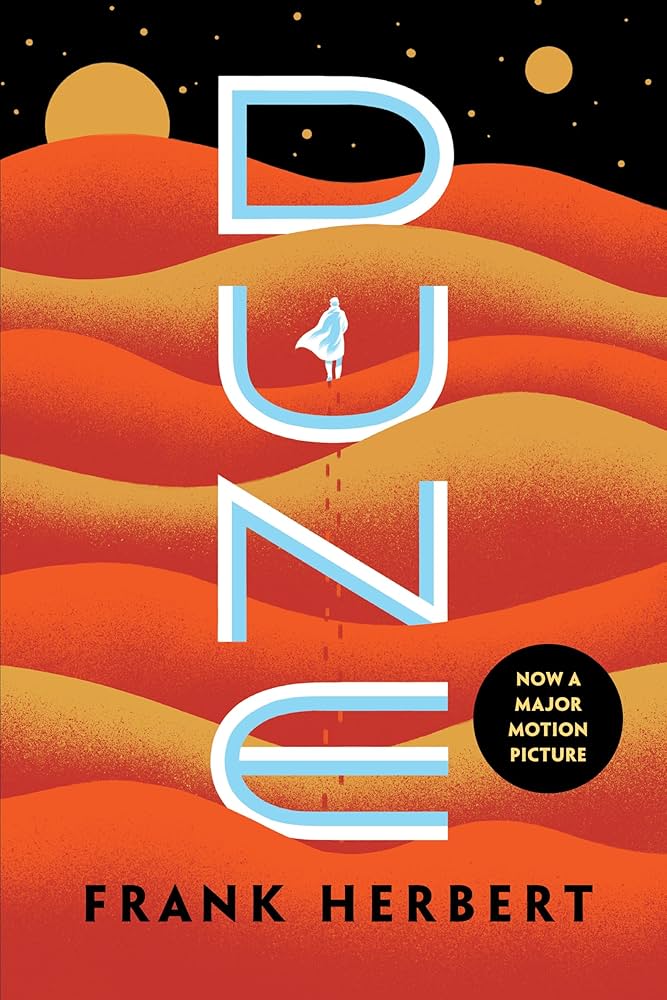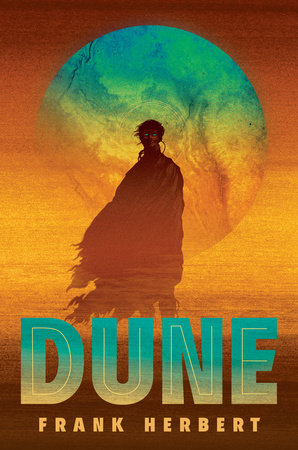With the release of Dune: Part 2 in 2024, a new wave of fans has emerged, eager to explore Frank Herbert’s classic novel. Many are asking the burning question: does Dune still hold up in 2024?
Is the book worth reading, especially if you’re coming to it after watching the film adaptations? As both a longtime fan of the novel and someone who loved the recent movies, I’m here to offer you a spoiler-free book review of Dune by Frank Herbert—a timeless sci-fi epic that continues to shape the genre.
The Planet of Arrakis: A Character in Its Own Right

One of the most captivating elements of Dune is how Herbert brings the desert planet, Arrakis, to life. This is no mere backdrop—it’s practically a character in itself.
The ecology of Arrakis is richly detailed, from the ever-present threat of sandworms to the importance of water in its arid climate. Herbert has crafted a world that feels alive, pulsating with unique flora, fauna, and environmental perils. If you’re a fan of fantastical worlds teeming with dangerous creatures, Arrakis might just become your next obsession.
But what truly sets Dune apart from other sci-fi and fantasy novels is how these environmental dangers directly affect the inhabitants of the planet. One of my favorite examples is the “sand walk”—a technique the Fremen use to avoid attracting the attention of the deadly sandworms. The Fremen, the desert-dwelling natives of Arrakis, must walk in a peculiar, arrhythmic manner to avoid creating vibrations that could summon these monstrous creatures.
These small, intricate details are scattered throughout the novel, showcasing Herbert’s meticulous world-building. You can sense that every aspect of Arrakis was carefully and purposefully crafted. Herbert doesn’t just describe a desert world; he invites you to experience its harsh beauty and unforgiving nature, immersing you fully into the planet’s culture and survivalist ethos.
The Fremen: A Culture Defined by Survival
Speaking of the Fremen, they are one of the standout aspects of Dune. The Fremen are not just desert nomads; they are a people whose culture is deeply intertwined with the unique challenges of living on Arrakis. From their distinct manner of walking to conserve water to their water-recycling stillsuits, every facet of Fremen life is shaped by the desert’s demands. Their traditions, beliefs, and way of life are a fascinating exploration of how environments can shape civilizations.
Herbert excels at weaving in these cultural details, making the Fremen one of the most fully realized fictional societies in modern literature. If you’re someone who enjoys richly imagined cultures and world-building, the Fremen will be a highlight of your reading experience.
A Chosen One Trope… But with a Twist

On the surface, Dune might seem like a typical “chosen one” narrative, with Paul Atreides set up as the messianic hero. But Herbert quickly subverts this trope, delivering a much more complex and morally ambiguous tale. Paul’s journey is not just one of personal growth but also a deep exploration of power, religion, and political manipulation. Rather than serving as a straightforward hero’s journey, Dune offers a more nuanced story about destiny and the cost of leadership.
This twist on the chosen one trope is one of the aspects that make Dune feel fresh, even in 2024. With so many modern stories following the classic “hero’s journey” formula, Dune stands out for its willingness to challenge these conventions and delve into more philosophical territory. It’s a book that makes you think, not just about its plot, but about the larger implications of power, empire, and human nature.
A Cast of Scheming Characters
The novel is filled with a rich cast of characters, each with their own motivations, desires, and secret agendas. One of Dune’s greatest strengths is the intricate political maneuvering between the various factions, from the noble House Atreides to the treacherous House Harkonnen and the shadowy Bene Gesserit. The tension in these political machinations is palpable, and some of the most compelling scenes in the book are not action sequences but quiet moments of dialogue, where alliances are formed or shattered in a single breath.
Herbert is a master at building suspense through dialogue and character interaction. The characters are layered, with their own moral complexities, and this makes the novel all the more engaging.
The Prose: Brilliant but Occasionally Confusing
Now, let’s talk about the prose. While Herbert’s world-building and storytelling are undeniably brilliant, his writing style can be, well… challenging. At times, the prose feels a bit rambly, and Herbert’s tendency to shift between different characters’ thoughts without much warning can make it difficult to follow the story.
I personally struggled with the omnipresent third-person point of view. There were moments when I had to pause, reread a passage, or even consult the internet to make sense of certain scenes.
The novel also delves into psychedelic, mind-bending territory at times, particularly when it explores the mystical side of Paul’s journey. If you’re a reader who enjoys being fully immersed in a narrative without much hand-holding, this won’t be an issue. But for those who prefer a clearer, more linear storytelling style, Dune can be a bit daunting.
Why Dune Is a Classic

Despite its occasional confusion, Dune is a classic for a reason. While reading, I was constantly struck by how much of modern sci-fi and fantasy owes to Herbert’s work. From the political intrigue of George R.R. Martin’s A Song of Ice and Fire to the sprawling epic of Robert Jordan’s The Wheel of Time, you can see Dune’s fingerprints all over the genre. Even more recent works like Pierce Brown’s Red Rising saga clearly draw inspiration from Herbert’s vision.
Herbert’s influence isn’t limited to books, either. The complex interplay of politics, religion, and power in Dune can be seen in many modern TV shows and movies, from Game of Thrones to The Expanse. In many ways, Herbert laid the groundwork for what we now consider “epic” storytelling in speculative fiction.
Conclusion: Should You Read Dune in 2024?
So, does Dune hold up in 2024? Absolutely. If you’re a fan of science fiction and haven’t yet read Dune, it’s a must-read. The world-building, the intricate politics, and the thought-provoking themes make it a monumental work in the genre.
That being said, Dune is not for everyone. If you prefer a fast-paced, straightforward narrative, you might find Herbert’s style challenging. But if you’re willing to immerse yourself in a richly detailed world and grapple with some complex themes, Dune offers an incredibly rewarding reading experience.
For fans of the recent movies, you’ll find that the book adds layers of depth and context that the films simply don’t have time to explore. It’s well worth diving into the source material.
Overall, I’d give Dune a solid 9/10. It’s a challenging read, but one that offers immense rewards for those who stick with it.

